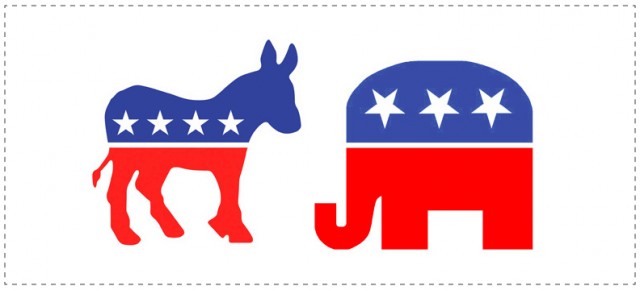Op-Ed Contributor (Washington, DC)

Now that the Presidential election has been decided with the reelection of President Obama, and both houses of Congress support foreign assistance—even when they say they do not—the second term offers the opportunity for turning the page on how foreign aid is formulated and delivered effectively. While Iraq, Afghanistan and Pakistan are likely to diminish as the cash cows of American policy, the Arab Spring and Syrian uprising have put the Middle East and North Africa back in the spotlight of foreign policy, along with emerging threats and opportunities in Sub-Sahara Africa. So, how should we react and what should we do? What follows is my stocking list.
Actually put USAID in charge of foreign assistance. Since 2004, the State Department has relentlessly usurped both the policy and implementation of foreign assistance, to the point where USAID—the place where the develop professionals actually reside—is often just supplying the bodies to carry out State’s orders. Under Secretary Clinton’s “consolidation” of services, USAID’s identity and pride of being has virtually evaporated.
Put a development assistance professional in the USAID Administrator’s chair. The initiatives of the first term—Feed the Future, The Global Health Initiative, USAID Forward, the Climate Change Initiative—became the catbird’s spawn. They are pushing more appropriate, country-specific interventions out of the nest and forcing countries to accept aid they do not want or need. Let’s have real country coordinated development strategies that are not forced to choose from a menu of initiatives devised in Washington.
Please, no more mega-embassies. We know foreign assistance and diplomacy budgets will be cut. We cannot afford massive embassies—think Iraq, Afghanistan and Pakistan—that accomplish little other than massive expenditure. Irrespective of the tragedy of Benghazi, Ambassador Stevens and the Administration had it right—a small footprint of the right, highly skilled diplomats and aid professionals trumps a large footprint almost every time. If we are smaller, more professional, more efficient and less costly, Congress will support robust diplomacy and foreign assistance, even in times of austerity.
Stop demonizing the development community. USAID and the State Department cannot function without private sector contractors and NGOs, and have done so effectively for over 60 years. Let’s agree to hold on to that rich history and build upon it together.
Do not hollow out USAID again. After being hollowed out in the 1990s, bipartisan policy and cooperation have permitted USAID to approximately double its Foreign Service corps to about 2,000. It probably needs another 1,000 to properly do the people’s work. Foreign assistance comprises less than 1% of the annual budget, but still consists of many billions. Surely we can afford to fund the equivalent of a light brigade to ensure that it is effective and accountable.
But then perhaps I ask for too much…..